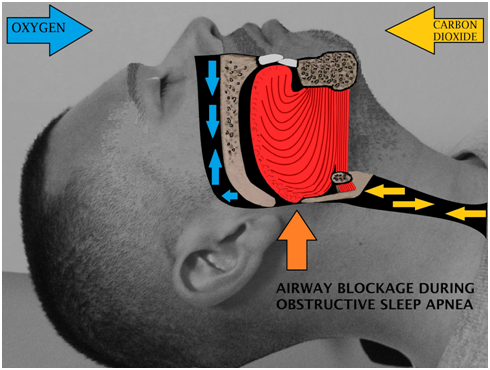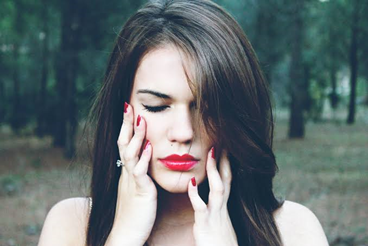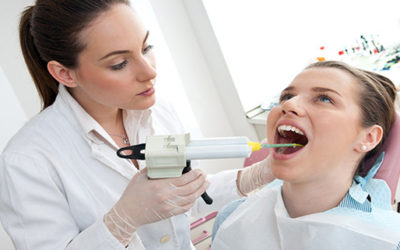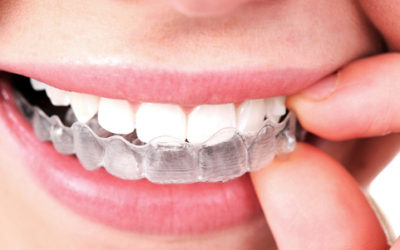If you observe symptoms such as dry mouth and uneven sleep during the night and headaches in the morning, then you may be suffering from sleep apnea. ‘Apnea’ is a Greek word which means, “without breath.” It is a condition in which individuals stop breathing intermittently during the night. If left untreated, it can affect your oral and overall health over time, leading to tooth loss, dry mouth, diabetes, weight gain, and high blood pressure. Let’s take a look at obstructive sleep apnea in detail.
What is Obstructive Sleep Apnea?
Obstructive sleep apnea is the most common form of sleep apnea in which the muscles at the back of your throat over relax during sleep and block the airway. The blockage of the upper airway obstructs the process of inhaling and exhaling. Patients suffering from this condition suddenly awaken at night gasping for breath. Grinding of teeth is also a symptom of sleep apnea.
Causes of Obstructive Sleep Apnea
Excessive Intake of Alcohol and Smoking
Intake of alcoholic nightcaps, smoking, or the use of other sedatives can relax your throat muscles. Muscle tissue relaxation eventually leads to a partial or complete collapse in the upper airway, causing obstructive sleep apnea.
Aging
Aging too can make you more susceptible to obstructive sleep apnea. The older you get, you lose more of your throat muscle tissue. And, as your throat muscles become weak, it can lead to tissue relaxation causing a complete collapse in the upper airway leading to obstructive sleep apnea.
Sleeping On Your Back
If you sleep on your back (a supine way), then you are more likely to experience either partial or complete obstruction in your upper airway. Check your sleeping position, so that you can prevent the issue of obstructive sleep apnea.
Fatty Tissues In The Throat Area
The weight of fat pads in and around the neck can collapse your upper airway while you are asleep. It generally happens with people who are overweight. Fatty tissues or fat deposits help to collect additional fluids forcing the potential collapse of tissues in that region during sleep and resulting in sleep apnea.
Large Tongue
A large tongue can slide into the soft palate at the back of your mouth and block the airway. This can lead to obstructive sleep apnea.
Curing Sleep Apnea
The treatment for sleep apnea depends on the severity and cause of your condition. Mouthguards and orthodontic retainers are used to provide support to the jaw and prevent sleep apnea. Apart from that, CPAP technology is also used to treat obstructive sleep apnea. CPAP is a breathing device that has recently become popular. Like mouthguards and retainers, CPAP is also quite comfortable for patients with obstructive sleep apnea. The device keeps the upper airway open during sleep and prevents the problem of sleep apnea.
A sore jaw, headache, poor quality of sleep, etc. are symptoms of sleep apnea. Losing excessive weight, avoiding smoking and caffeine, along with maintaining a timely sleep-wake routine are ways that help overcome obstructive sleep apnea. Since it can cause serious health issues, it is best to consult a dentist as soon as possible. If you are suffering from the problem, then you can contact us at Downtown Dental .



